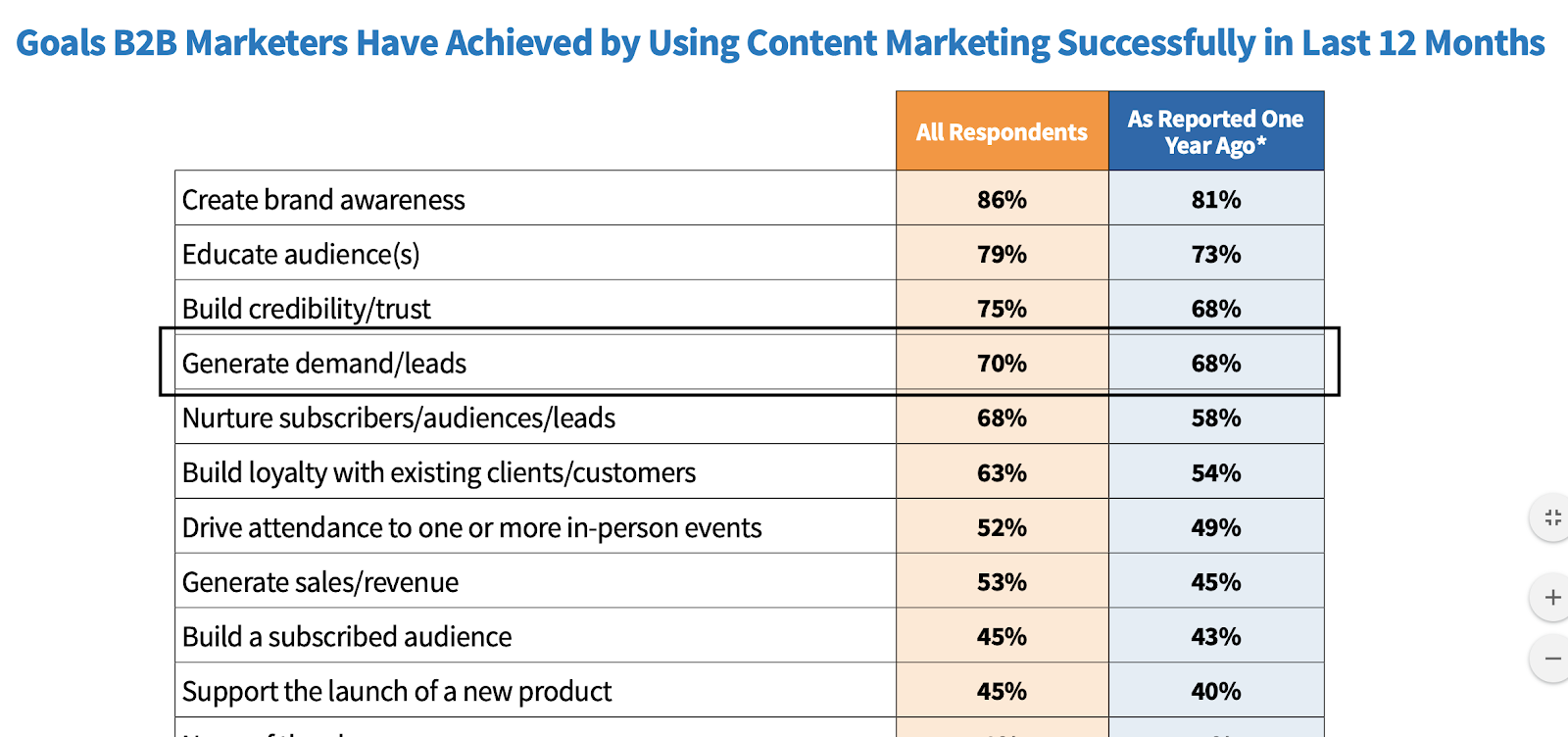Content Marketing Battle! White Papers vs. eBooks — What Wins You More Leads?
Written by
What holiday gift did my 13-year-old ask for last month? The Art of War by Sun Tzu, the legendary military strategist from the 5th century BC.
I’m not positive what he plans to do with his newfound warfare tactics, but it makes me think of the battle for leads we marketers are constantly fighting. When it comes to a piece of content, specifically in the complex industrial world, we’re looking for a powerful way to stand out, gain an advantage, and generate force in the inbound marketing flywheel.
Today, we’ll put two popular advanced content types — white papers and eBooks — in a head-to-head contest to determine which best helps industrial prospects move to the next step of the buyer’s journey.
eBooks vs. White Papers: Strengths and Weaknesses
Every content type works differently within your content strategy; “choosing content type” is step #5 in the development of a content strategy, so there’s a lot to consider. The key is selecting the right content type for your goals, which could span from brand awareness to generating leads. More on leads later; for now, let’s dive into comparing the two types.
Sample white paper: Google Workplace Security Whitepaper
Sample eBook: Answers to the Top 15 Questions About Inbound Marketing
While a white paper goes in-depth on a narrowly defined topic, an eBook is less scholarly, more conversational, and presents an overall look at an issue. Also, eBooks provide a better opportunity to include video, a rapidly rising engagement tool. According to Forbes, 90% of customers say video helps them make buying decisions, and 64% say seeing a video makes them more likely to buy.
Know Who You’re Targeting with Each Format
An idiom from chapter three of The Art of War gave us this modern Chinese proverb: “Know yourself and your enemy, and in a hundred battles you will never be in danger.”
That’s relevant in our battle to get leads, too. Knowing the personas you’re targeting with white papers and eBooks helps you create content that’s useful to that demographic.
- Do your personas want comprehensive, in-depth coverage on a subject? (advantage: white paper)
- Do they want a general guide of sorts, instead? (advantage: eBook)
- Do you think they’ll respond better to a scholarly presentation? (advantage: white paper)
- Can the topic be broken down into actionable steps? (advantage: eBook)
If you’re still on the fence, look at your next content offer in the funnel. Does it connect the dots or logically flow together? Lastly, consider your own resources. If you don’t have the time to gather quotes, create graphs, and do extensive research (sounds like a white paper, doesn’t it?), then an eBook may be a better fit right now.
Whichever you choose, both white papers and eBooks are powerful marketing efforts when executed correctly.
Generating Leads is the Goal
Lead generation is one of the most important goals of content marketing. In fact, according to the Content Marketing Institute’s 2020 Content Marketing Guide, most B2B marketers expect advanced content pieces to generate leads, and that expectation is growing year over year.

(source: Content Marketing Institute)
B2B marketers who’ve been doing this a while know that eBooks and white papers are two great ways to generate leads. Sales cycles could possibly be quite long, and customers are searching through many information sources. You need to offer relevant, useful content that motivates them to share their information, download advanced content and, eventually, make a purchase.
Speaking of sharing information, according to DemandGen’s 2019 Content Preferences Survey Report, nearly half (49%) of respondents say they are willing to register for and share information about themselves to access white papers. Numbers are just a touch lower for eBooks.
So, which one wins the war for more leads? The more personal, interactive experience of an eBook, or the smart and detailed white paper? While eBooks can really drive growth and traffic, white papers are perfect for conversion and filling gaps in the buyer’s journey. So, the answer is: BOTH! It’s really about making the customer feel like they received so much special guidance on a topic, they want to stay connected to you.
When it comes to the content marketing battle, DemandGen’s 2019 Content Preferences Survey Report says that case studies (47%) are the most valuable influencer content format. About 92% of respondents put most value on peer reviews and user-generated feedback. Perhaps the next content marketing battle will be between case studies and … say, video testimonials. That would be fun!
Looking for more guidance on making content creation simpler and more effective? We’ve got template tools to guide you. Just click the button below to check them out!
Subscribe To Our Blog
Information. Insights. Ideas. Get notified every time a new Weidert Group blog article is published – subscribe now!
You May Also Like...

Artificial Intelligence
Revenue-Driving B2B Content Marketing Strategy with Andy Crestodina

Artificial Intelligence
AI Agents Are Here—How Smart Businesses Are Using Them Now

Inbound Marketing
Podcasting Playbook: What We Learned After 100 Days of Running a B2B Podcast
Accelerate Your Growth with
Weidert Group
If you’re ready to explore a partnership, request a personalized consultation with our team.

